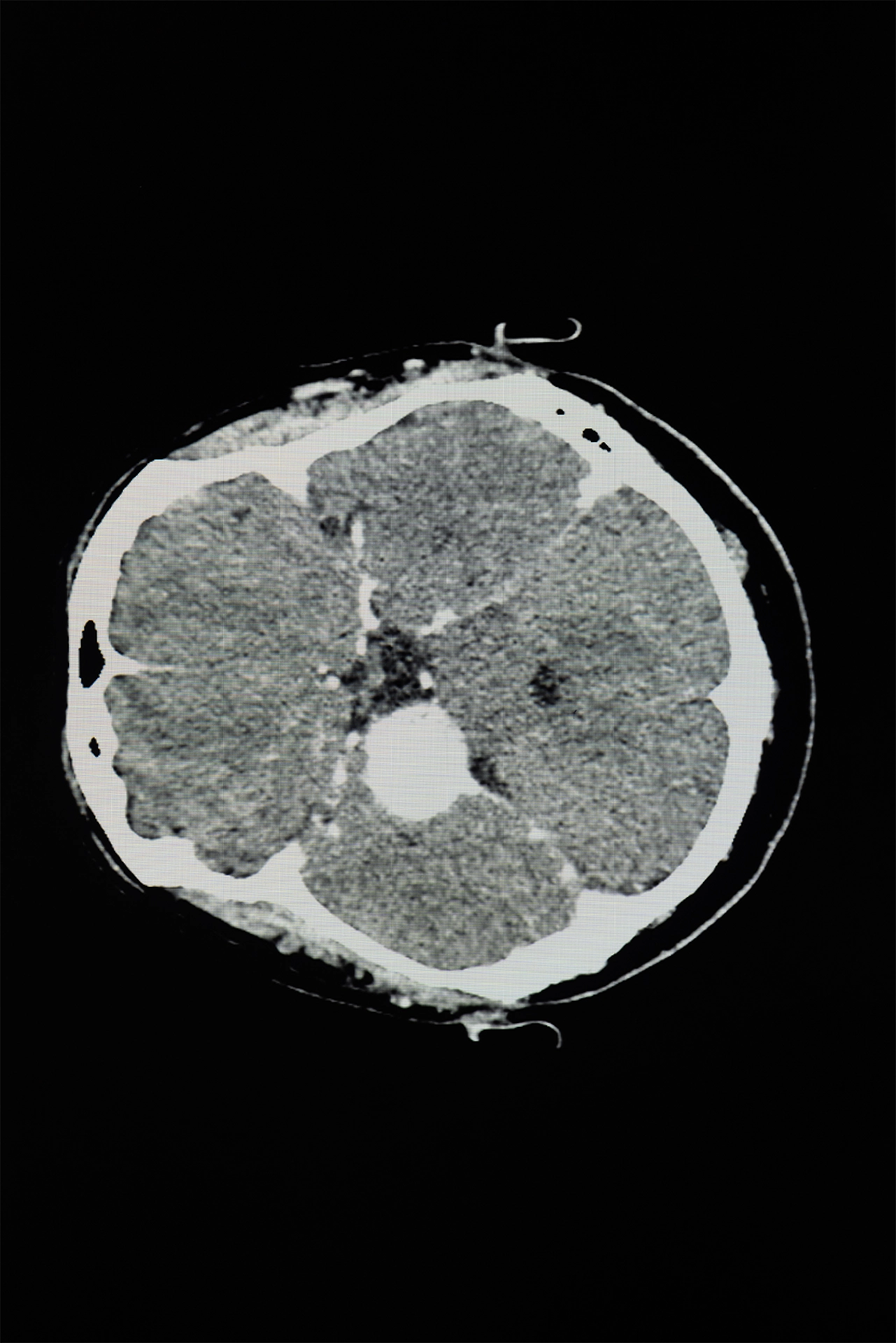“Depo-Provera causes a 5.6x risk of brain tumors called meningiomas. Due to their location and/or size, meningiomas may cause serious disability. Meningiomas sometimes grow aggressively into key neurological structures, leading to hemiparesis, hydrocephalus, seizures, and cognitive impairment.”
~ Greg Vigna, MD, JD, national malpractice, product liability attorney, and brain injury physician (retired)

CONTACT US FOR A FREE CONSULTATION
Who is the Vigna Law Group?

“We represent women who have received four or more injections of Depo-Provera who developed a meningioma (a type of brain tumor).”
Greg Vigna, MD, JD
The Vigna Law Group is a national neurological injury law firm with unique experience in national pharmaceutical litigation. Greg Vigna, MD, JD, a retired brain injury physician, with co-counsel Ben Martin Law Group, have been jointly litigating pharmaceutical injuries involving mid-urethral slings, IVC filters, and hernia mesh for over a decade.
The Vigna Law Group Represents the Most Injured
What is Depo-Provera?
- 1
A birth control medicine (medroxyprogesterone acetate) that is injected every three months
- 2
74 million users worldwide
Who manufactures Depo-Provera?
- 1
Pfizer
What has Pfizer known?
- 1
Since the 1980s, it has been known that meningiomas contain progesterone receptors and Depo-Provera binds to meningioma progesterone receptors
- 2
Since the 1950s, it has been known that meningiomas could have hormone dependent growth
- 3
Since the year 2000, meningiomas progesterone receptors have been associated with a benign meningioma more so than the less favorable aggressive meningioma
- 4
Since the year 2007, meningiomas progesterone receptors are less associated with recurrence after resection
What is known now?
- 1
Prolonged use of Depo-Provera is associated with an excess risk of intracranial meningioma[1]
- 2
Prolonged use of Depo-Provera is associated with a 5.6-fold risk compared to those not exposed to the medicine
[1] Roland, et al. Use of progestogens and the risk of intracranial meningioma: national case-control study. BMI 2024.
Learn more from our experts:
Depo-Provera and Meningiomas: Consensus Recommendations From Europe
“A combined effort was initiated between Neurosurgical, Gynaecological and Endocrinological societies of Belgium to gather relevant information regarding sex hormone therapies and meningioma. After complete literature review, consensual recommendations were established,” states Sebastien Froelich, Department [...]
Meningioma Study: Depo-Provera and Its Observed Mutation Shift
“This shift in mutational landscape indicates the vulnerability of certain meningeal cells and mutations to hormone-induced tumorigenesis,” states M. Peyre, Neurosurgeon. Greg Vigna, MD, JD, national pharmaceutical injury attorney, states, “This study is pointing toward [...]
Meningioma and Cyproterone Acetate (Synthetic Progestin): Hormone Induced Mutational Shift
“More evidence is mounting on the association between the use of CPA (cyproterone acetate) and the development of meningiomas. The European Medicines Agency has recently issued restrictions regarding the use of CPA in doses exceeding [...]




